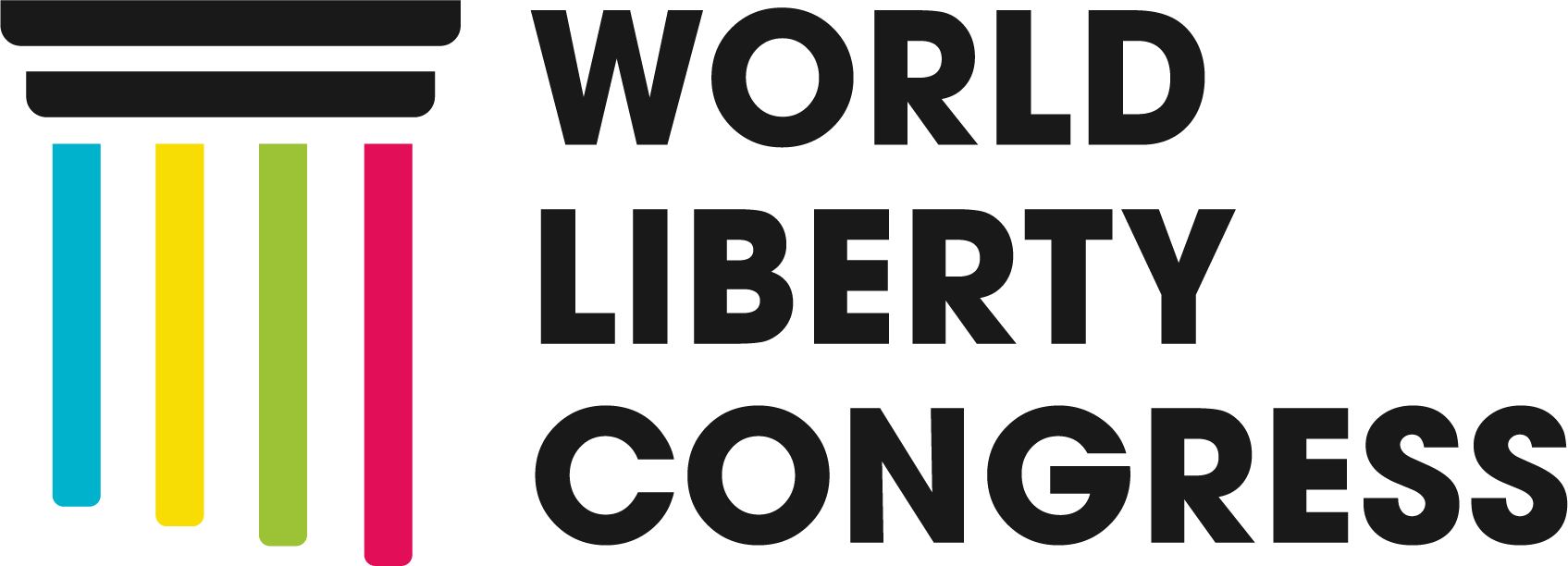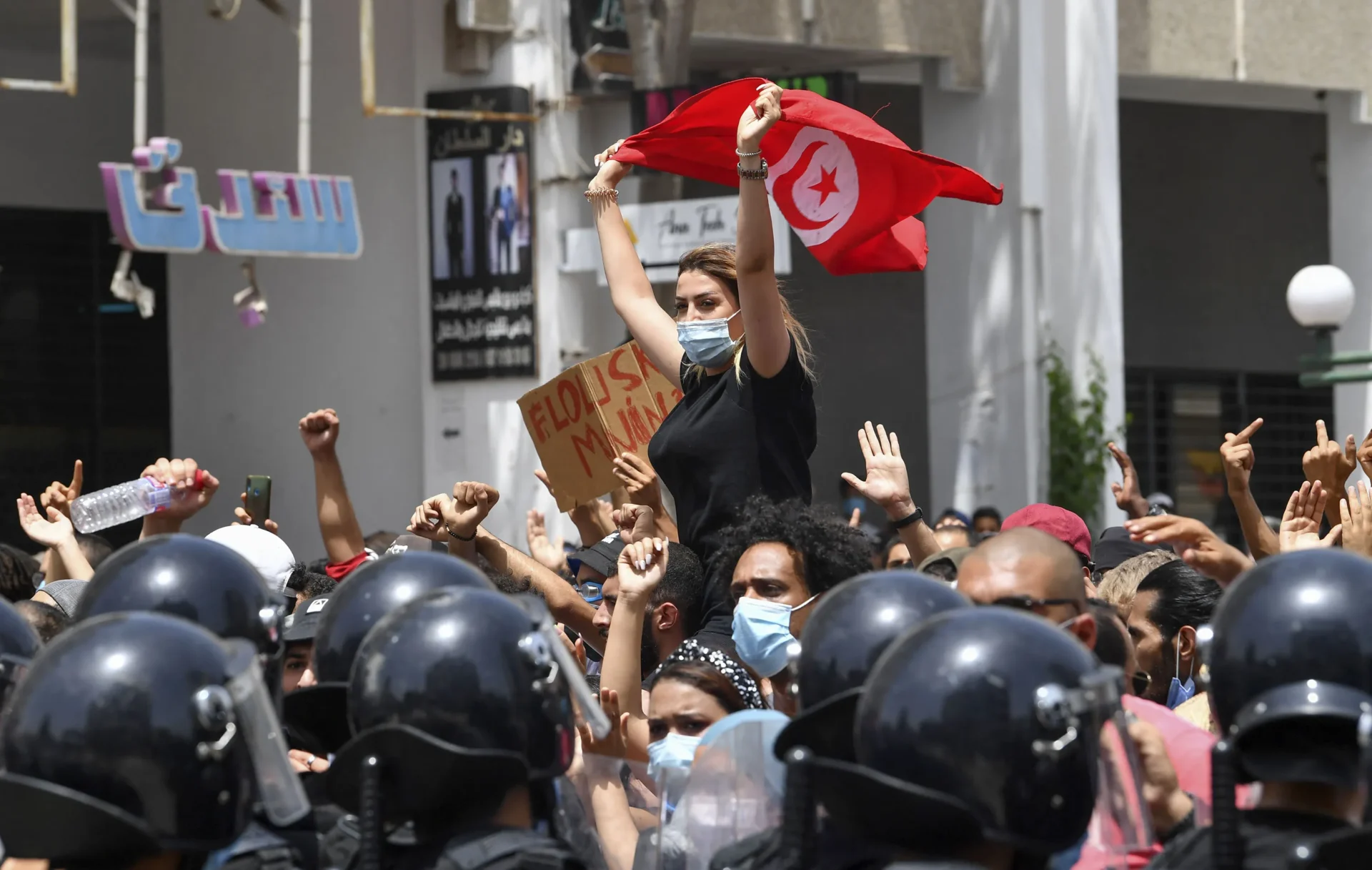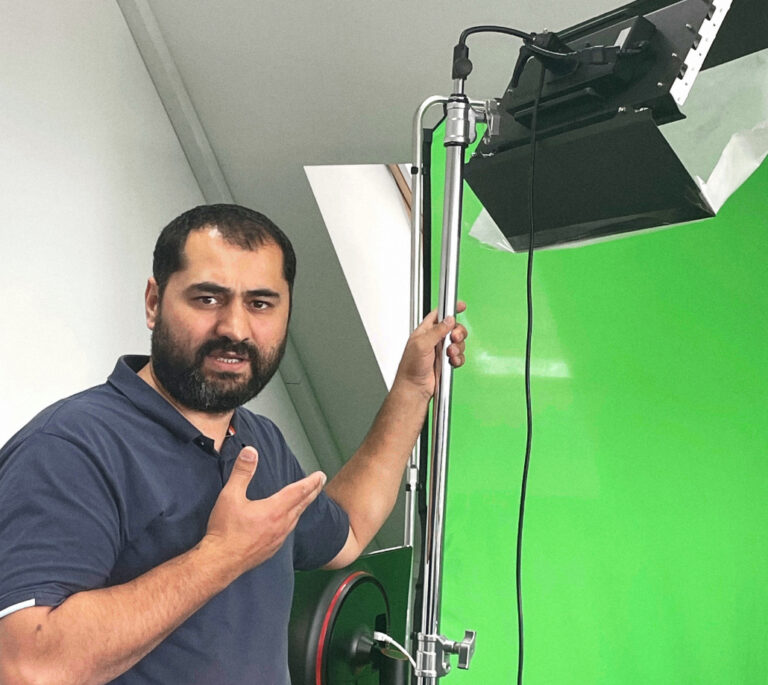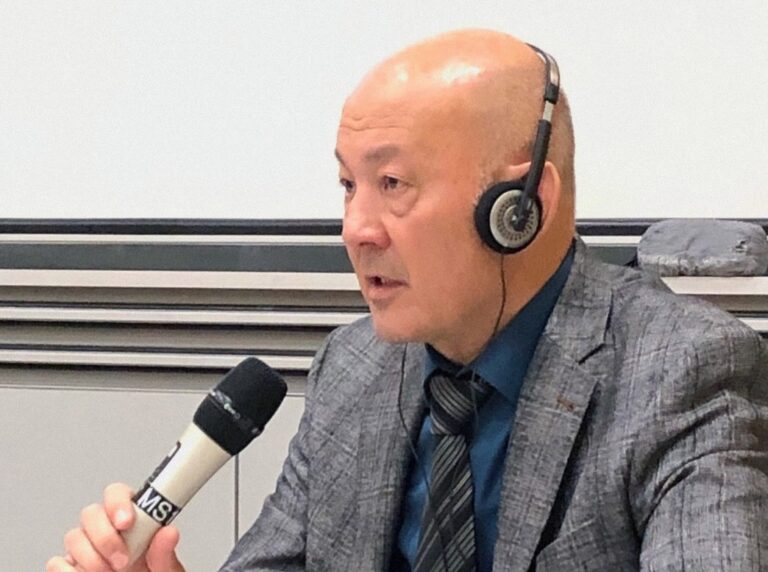From Revolution to Repression
In 2011, Tunisia lit the spark that became the Arab Spring. The Jasmine Revolution—ignited by the self-immolation of a young street vendor—toppled the dictatorship of Zine El Abidine Ben Ali and launched a wave of uprisings across the Middle East and North Africa. It was a moment of immense hope and determination, culminating in the country’s first peaceful transfer of power between democratically elected leaders in 2019.
But today, Tunisia’s democratic gains are in crisis.
The Authoritarian Turn
Since July 25, 2021, President Kais Saied has systematically dismantled Tunisia’s democratic institutions under the guise of emergency powers. He dismissed the prime minister, dissolved parliament, and unilaterally imposed a new constitution and electoral law—without public consultation or parliamentary approval. In 2022, he formally dissolved the elected parliament, cementing his grip on power.
The October 2024 elections were a farce: opposition candidates were excluded and electoral laws were changed mere days before the vote. Saied was unsurprisingly re-elected.
Repression swiftly followed. By November 2024, over 80 individuals had been detained for political reasons. In April 2025, 37 activists, opposition leaders, and lawyers—including prominent figures like Abir Moussi and Rached Ghannouchi—were sentenced in a sham trial. Some face prison terms of up to 74 years. Fourteen detainees may even face the death penalty. Many were charged with terrorism simply for speaking out or being politically active.
“Not since the 2011 revolution have Tunisian authorities unleashed such repression,” said Bassam Khawaja of Human Rights Watch. “President Kais Saied’s government has returned the country to an era of political prisoners, robbing Tunisians of hard-won civil liberties.”
Institutionalized Racism and Migrant Abuse
The crackdown has not stopped at political dissent. Black Tunisians and migrants have also been targeted by state violence and institutional racism. Asylum seekers and refugees are regularly detained without cause, assaulted by security forces, or expelled arbitrarily. Despite these ongoing abuses, the European Union has deepened its migration cooperation with the Saied regime—prioritizing border control over basic human rights and dignity.
Tunisia was once a beacon of hope, a model for post-revolutionary democratic transition. Its backslide into authoritarianism is not only a tragedy for Tunisians, but a warning to the region and to the world. The international community’s silence and complicity—particularly that of governments maintaining diplomatic and economic ties with Saied’s regime—undermine global democratic norms.
The time to act is now!
The World Liberty Congress stands in solidarity with the Tunisian people in their struggle for dignity, freedom, and justice. We call all WLC members and the international community to:
- Raise awareness about the unfolding crisis. Share updates and amplify the voices of Tunisians fighting for their rights.
- Support campaigns demanding the release of political prisoners and justice for victims of abuse.
- Challenge international complicity—call on your governments to end cooperation with repressive regimes under the pretense of migration control.
Tunisia’s revolution sparked a global movement. Let us not allow that flame to die in silence. Together, we must speak out and stand up for those whose freedoms are under siege.




